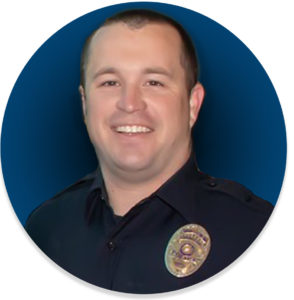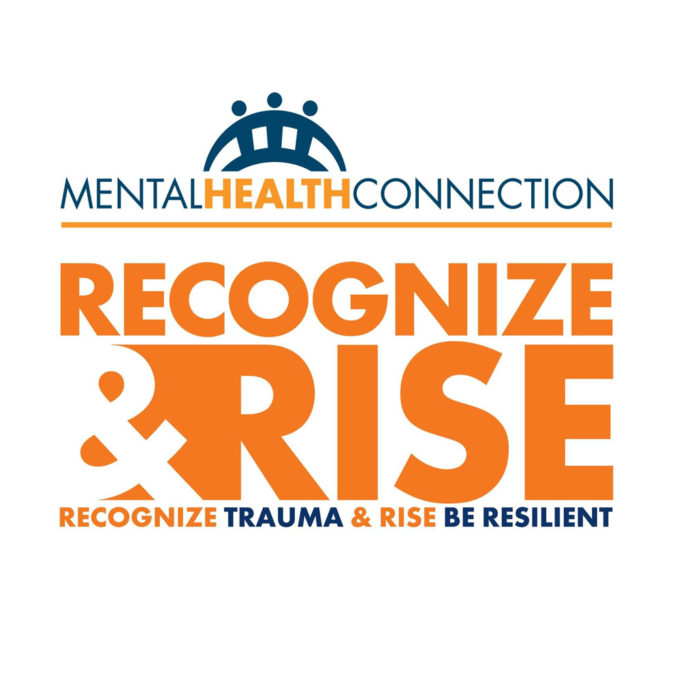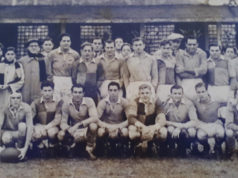A tragic event in Fort Worth’s history was a catalyst for change and continues to create hope for the future. Mental Health Connection of Tarrant County (MHC) conducts a multi-year campaign to help area residents understand the impact of painful and difficult events in their lives and find a path to healing. Recognize and Rise, a community awareness campaign launched in May, is designed to support those who have experienced the impact of trauma, toxic stress, and adversity.
The MHC was formed in 1999 when seven people were fatally shot at Wedgwood Baptist Church in southwest Fort Worth.
“The mayor at the time, Kenneth Barr, said we need to improve what we’re doing as mental health providers and find and fill the gaps in the community,” said Virginia Hoft, MHC executive director. “The goal and the vision for our membership is to ensure that those needing services are able to access them, in hopes that nothing as devastating as this happens again.”
In 2000, Cooks Children’s Medical Center, Lena Pope, MHMR, the City of Fort Worth, the Fort Worth school district, and Tarrant County came together, along with senators and state representatives, asking what needed to be done to address mental health on a larger scale. As a result, the MHC of Tarrant County was born.
“The purpose of MHC,” Hoft said, “is to revolutionize the mental health delivery system by developing long-term changes while addressing emerging needs.”
MHC has grown to include more than 100 diverse members across Tarrant County. That includes mental health providers, hospitals, practitioners, schools, juvenile and criminal justice systems, nonprofits, and individuals who have been impacted by mental health and substance use challenges.
“The framework that MHC has created allows us to really leverage our collective impact by collaborating, networking, and innovating together,” Hoft said.

Image courtesy Recognize & Rise.
While MHC does not offer any services directly, it does provide resources and a place for collaboration, with the idea that the community is strengthened when everyone works together. MHC effectively educates the public on important issues like trauma through campaigns like Recognize and Rise.
“Recognize and Rise is a natural extension of the work that MHC has been doing for the past two decades to create a healthier, more trauma-informed and trauma-resilient community,” said Bennie Medlin, MHC board chair and director of Tarrant County juvenile services. “By building awareness and understanding, Recognize and Rise will help us develop a stronger foundation of support for all who have experienced the impact of trauma in their lives.”
The word “trauma” has a different definition for everyone, Hoft explained. “Many people hear the word ‘trauma’ and think, ‘I’m so glad I didn’t have any of that.’ They see trauma only as an event like a shooting. Trauma is also chronic stress and adversity. Any kind of adversity is based on how you hold it in and how it impacts your thinking, your feeling, and your relationships moving forward. As a society, and especially within the southern culture, we’re kind of like, ‘Rub some dirt on it.’ What science has shown is the worst thing that can happen with trauma is when it gets stuck in our psyche.”
Recognize and Rise is designed to strengthen Tarrant County by educating the public on the many facets of trauma and showcasing trauma-informed practices, resources, and expertise in Tarrant County. For example, MHC urges trauma survivors to talk honestly and tell their story without shame or fear of being judged by sharing stories of healing.
“Research has shown that just by telling your story, it begins the healing,” Hoft said, “even if nobody offers you advice.
“People need to understand that in order to treat violence, in order to treat domestic issues, in order to treat substance abuse, in order to treat what we’re going through with COVID, we’ve got to unpack this idea of what adversity and chronic stress does on our whole body, on our family, and on our community,” Hoft added. “Because the way that it impacts us individually and our community collectively, healing has to happen the same way.”
The Recognize and Rise campaign is designed to help community members work toward healing.
“We want folks to understand about the impact of trauma, adversity, and chronic stress and how it shows up in the way that we treat ourselves, our family, and our friends, and it impacts our body, as well as our mind and our spirit,” Hoft said.
The Recognize and Rise campaign comes from the idea that the first thing that has to happen is for people to be educated that trauma is not something that only happens to someone else.
“Now, with COVID, there is an even greater recognition that we all experience trauma,” Hoft said. “People can say, ‘I’m traumatized. I’m feeling isolated. I’m feeling anxious.’ We can blame it on COVID, and it doesn’t have the stigma that it had before. You have a reason to feel traumatized. We want to take the opportunity for people to start … and then we can begin to talk about how you move towards healing.”
A newly created Learn a Latte webinar series features issues that speak on resiliency and trauma. MHC’s next one will be Jan. 26 and will be presented by Det. Nate Bishop from the Arlington Police Department’s Crimes Against Children Unit and Carole Logan, community engagement supervisor from the nonprofit Alliance for Children. The presenters will discuss ways to safeguard children from internet crimes.
“Together, we can rise to be the best that we are,” Hoft said, “especially in this time when we so desperately need to be connected to each other, to be kind and loving to each other. We’re not asking for money. We’re not asking for effort or volunteers. We’re asking for people to be part of this idea that together we are stronger when we can recognize the challenges we all face and rise together.”












